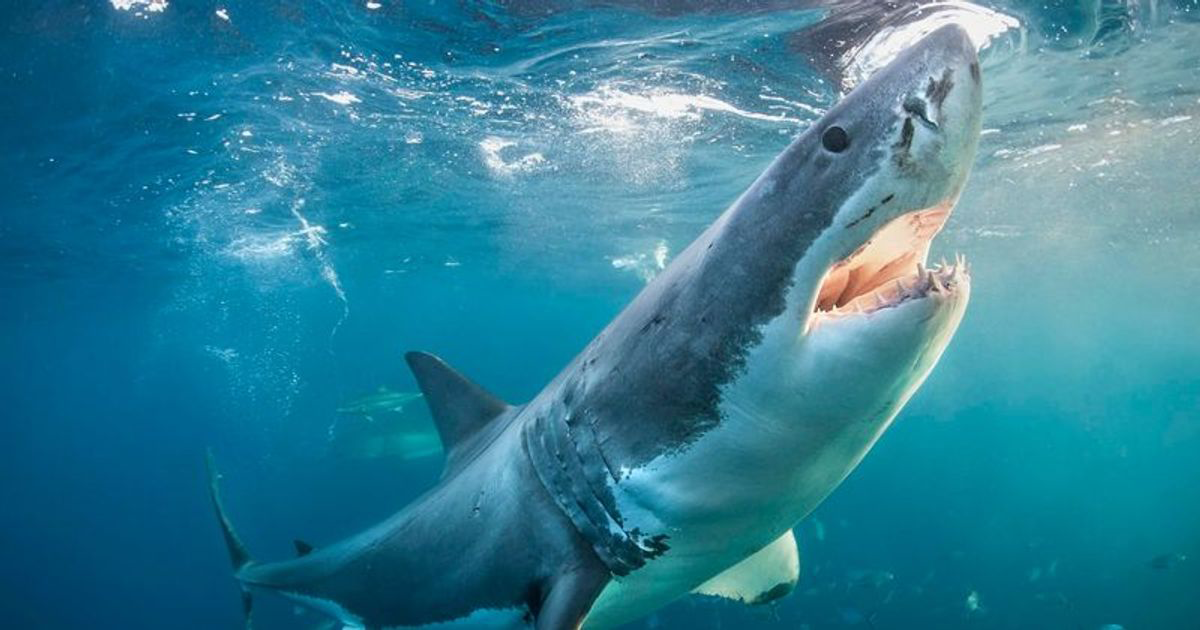On Thursday, January 5, a 19-foot-long great white shark killed a diver named Manuel Lopez who was collecting shellfish off the coast of Mexico. This was the first great white shark attack of 2023.
Tracking Sharks says that 53-year-old Lopez was collecting axe tripe, a type of mollusk, near Benito Juárez in Sonora, on the west coast of Mexico, when the terrible incident took place. He was said to be from Paredón, Colorado, and he was diving into the ocean floor without a tank of oxygen to catch creatures that usually live between 36 and 59 feet deep. Lopez’s time diving was cut short when a shark bit off his whole head. Eyewitness Jose Bernal stated,
He was diving when the animal attacked him, impressively ripping off his head and biting both shoulders,
as reported by Tracking Sharks.
This happened after there were more shark sightings in the area, which put fishermen on high alert.
Lopez needed money, so he saw the lack of shellfish as a chance to make a lot of money. He reportedly decided to go on his last fishing trip, even though people told him not to. No one knows why the top predator attacked, but Tracking Sharks said that the shark may have been attracted to Lopez’s mollusk-gathering by the waves and noises Lopez was making.
Sharks often mistake people in wetsuits for seals, which can lead to “experimental” bites. Even though the animals usually move on when they realize the victim isn’t their favorite food, the shark’s rows of sharp, meat-shearing teeth can make their first bite deadly.
Tracking Sharks says that some fishing groups are asking the government to buy shark shields or other devices that send out electrical pulses that have been shown to scare white sharks away. Some biologists also say that divers shouldn’t wear black wetsuits, and if they do, they should paint white stripes on them to look like the pattern of the poisonous coral snake.
Another idea says that you should wear a second scuba mask on the back of your head. Sharks hunt by sneaking up on their prey, so the idea behind this is that they might be less likely to attack if they think their prey is watching them.









